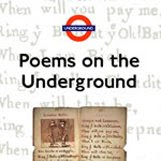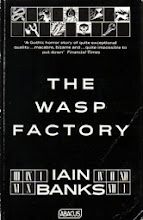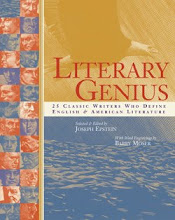
On the home run with this book now. After covering Disgust and Henry James' Odd Women last month, it is time to move on to the penultimate 2 chapters.
This month it is chapters 16 and 17 that I will make notes on.
Chapter 16 - Irony and Revulsion in Kipling and Conrad
This chapter examines, through many references to the novels of both of these authors, the use of irony and revulsion together, which was typical of the time. Revulsion, either in the characters or the reader can isolate and destroy 'social cohesiveness', whereas irony, with its 'mutual understanding' binds characters, or reader and characters together. The use of both can not only balance a piece of writing, but make it much more interesting.
Kipling wrote many books about torture, examining detachment and in particular the torturers point of view. Descriptions of the victims deliberately arouse disgust, and beyond any irony, isolating them further, reducing them to nothing. Clearly this can evoke powerful feelings in the reader (I found some of the passages very difficult to read). How detached can the reader be? At the time, some of the passages in his books were considered to be 'excessive' and Kipling himself described as 'rather nasty' a scene involving a leper in 'The Mark of the Beast', in a collection called Life's Handicap written in 1891. Kipling continually identifies with the torturer in the numerous torture scenes he writes about. In other stories revulsion is imparted through mixed race relationships, something Kipling felt strongly about.
Conrad concentrates more on using physicality to evoke revulsion, particularly 'fat greasy men' (p253) of which there are many in his books, and are afforded long distasteful descriptions that centre on the blurring of physical identity, generically, culturally or otherwise, by the conditions of obesity.
Conrad also writes about torture on occasion, but unlike Kipling, he includes the victims point of view.
Chapter 17 - Waiting: James's Last Novels
Kipling, Conrad and James all wrote about impurity and exclusion, but whereas Kipling and Conrad continued along this vein, James changed direction and in his last novels and wrote about lives changed by desire and the vulgarities that he saw therein.
In all of these novels run themes of waiting, lateness, being held up, at railway stations, for meetings etc., 'because everyone must learn to wait in a book about desire' (p268). The theme of delays and waiting are used to high effect in The Ambassadors where a male character struggles with his sexuality, missing encounters with women in a novel where 'He will always be too late' (p271). Self-suppression becomes the only way for him in an exploration of desire. It is here that his secret homosexuality is disgusting to him and waiting itself is the meaning and the point.
In The Golden Bowl we have a female protagonist who keeps herself waiting for the Prince's return, an endless wait that she chooses, and that James uses to convey feelings of desire and frustration.
Contemporary works that illustrate the above points include...
By Rudyard Kipling -
Traffics and Discoveries
Life's Handicap (particularly 'The Mark of the Beast')
Plain Tales from the Hills
A Diversity of Creatures (particularly 'Sea Constables')
Weir of Hermiston
By Joseph Conrad -
Nostromo
Almayer's Folly
An Outcast of the Islands
Lord Jim
The Secret Agent
Heart of Darkness
By Henry James -
The Wings of the Dove
The Ambassadors
The Golden Bowl
Look out for the last 2 chapters from this excellent Literary Theory book next month.
























